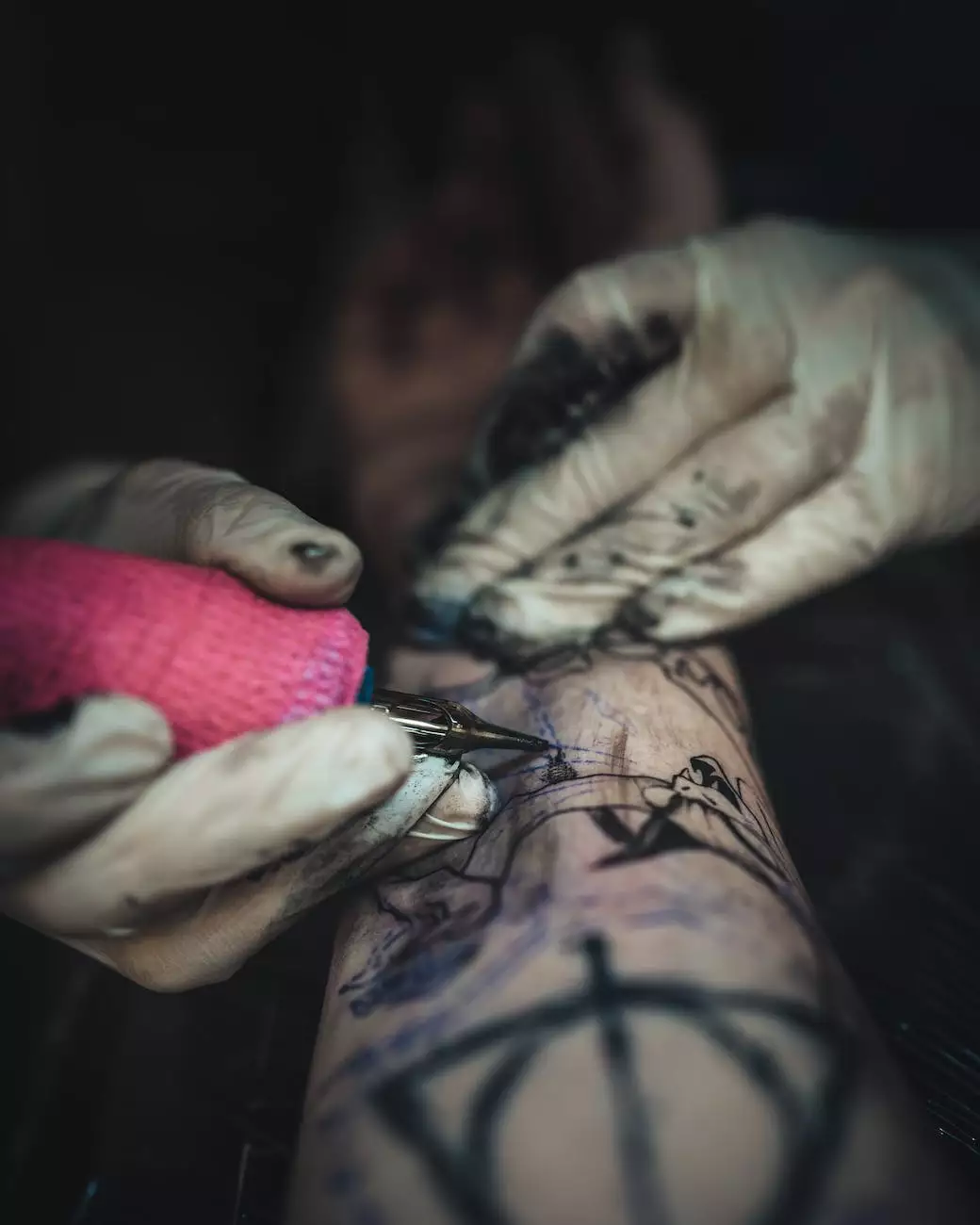Sleep Study (Polysomnography) at Gillette Children's
125 Years
Understanding Sleep Disorders with Polysomnography
At Gillette Children's, we understand the importance of healthy sleep for children's overall well-being. Sleep disorders can significantly impact a child's development, behavior, and quality of life. To accurately diagnose and treat sleep disorders, we offer sleep study services, specifically polysomnography (PSG).
What is Polysomnography?
Polysomnography is a comprehensive sleep study that involves monitoring various physiological parameters during sleep. It is a non-invasive procedure that helps our team of experts assess sleep architecture, brain activity, respiratory functions, heart rhythm, and body movements while a child sleeps.
Why Choose Gillette Children's for Polysomnography?
When it comes to your child's health, you deserve the best care possible. At Gillette Children's, we are renowned for our expertise in pediatric healthcare and our commitment to improving the lives of children with special medical conditions.
When you choose Gillette Children's for your child's sleep study needs, you can expect:
- Specialized Pediatric Care: Our team of board-certified sleep specialists and pediatric experts are highly trained in diagnosing and treating sleep disorders in children of all ages.
- State-of-the-Art Facilities: We have access to the latest technology and equipment to ensure accurate, reliable, and comfortable sleep studies.
- Compassionate Approach: We understand that undergoing a sleep study can be stressful for children and their families. Our caring staff prioritizes your child's comfort and well-being throughout the entire process.
- Customized Treatment Plans: Following a sleep study, our experts will carefully analyze the results and create personalized treatment plans tailored to your child's specific needs.
- Collaborative Care: We work closely with other specialists and healthcare providers to ensure comprehensive care for your child, addressing any underlying conditions that may contribute to their sleep disorder.
Common Sleep Disorders Detected with Polysomnography
Polysomnography enables our team to identify various sleep disorders and their potential causes, including:
- Obstructive Sleep Apnea (OSA): This condition occurs when the upper airway becomes partially or completely blocked during sleep, leading to interrupted breathing and recurrent awakenings. Polysomnography helps us evaluate the severity of OSA and develop appropriate treatment plans.
- Narcolepsy: Characterized by excessive daytime sleepiness and sudden, uncontrollable episodes of falling asleep, narcolepsy can significantly affect a child's daily life. By monitoring brain activity during sleep, polysomnography aids in diagnosing narcolepsy and determining the most effective treatment options.
- Restless Leg Syndrome (RLS): This condition is characterized by an irresistible urge to move the legs, often accompanied by uncomfortable sensations. Polysomnography helps us understand the impact of RLS on sleep quality and develop strategies to alleviate symptoms.
- Periodic Limb Movement Disorder (PLMD): PLMD is characterized by repetitive, involuntary leg movements during sleep, leading to disrupted sleep patterns and excessive daytime sleepiness. Polysomnography allows us to analyze these movements and recommend appropriate interventions.
- Insomnia: Polysomnography can help identify underlying causes of insomnia, such as sleep apnea or restless leg syndrome.
Preparing for a Polysomnography
Prior to your child's polysomnography, there are a few steps you can take to ensure the process goes smoothly:
- Discussing Medications: Inform our team about any medications your child is currently taking, as some may need to be adjusted before the sleep study.
- Sleep Schedules: Help establish a regular sleep schedule for your child in the weeks leading up to the study, as this can provide more accurate results.
- Comfortable Attire: Dress your child in comfortable clothing suitable for sleeping.
- Bedtime Routine: Follow your child's usual bedtime routine to promote better sleep.
- Limit Stimulants: Avoid giving your child caffeinated beverages or foods that may interfere with sleep.
Conclusion
When it comes to diagnosing and treating sleep disorders in children, Gillette Children's is dedicated to providing the highest level of care. Our expert team, state-of-the-art facilities, and personalized treatment plans ensure that your child receives the best possible care.
Don't let sleep disorders affect your child's overall well-being. Schedule a polysomnography at Gillette Children's and take the first step towards improving their sleep and quality of life.



